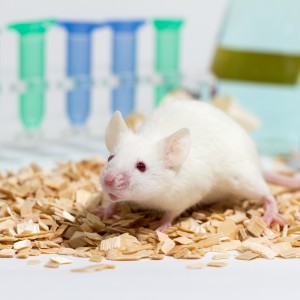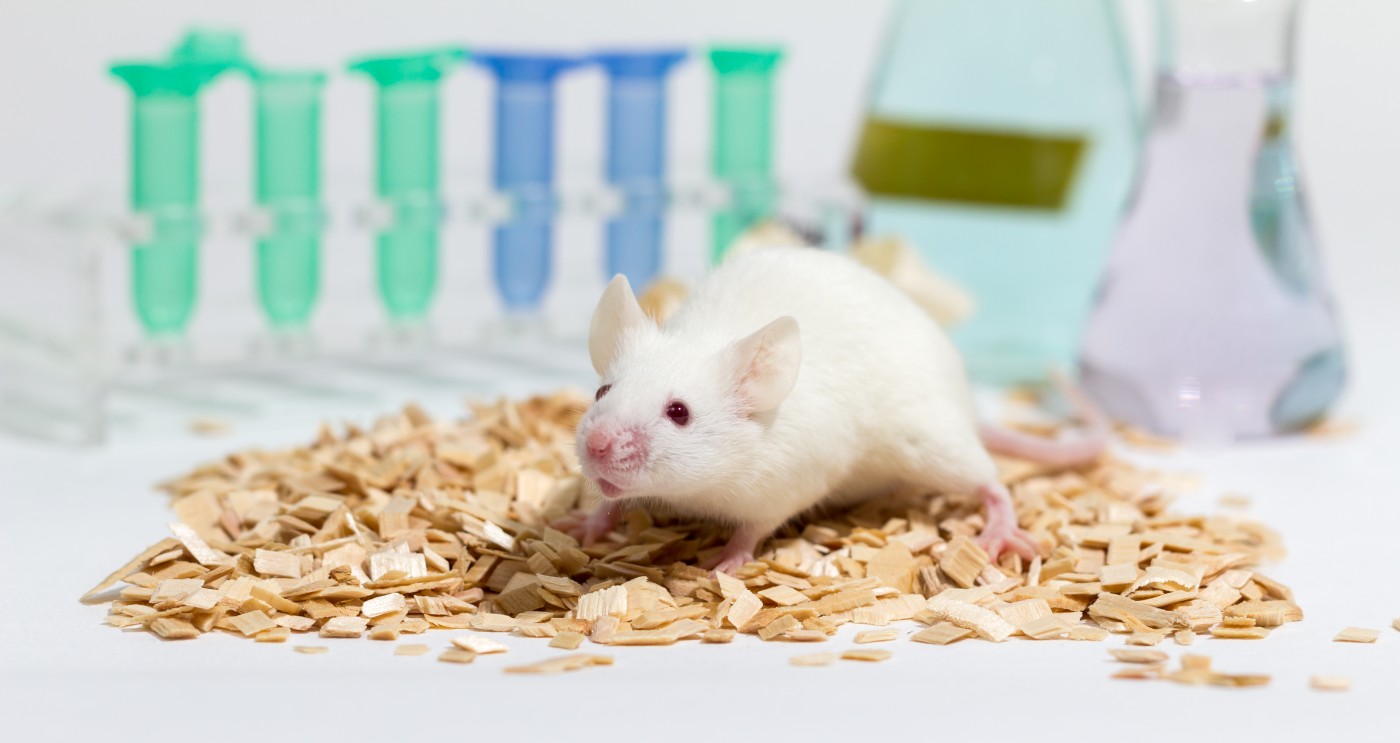 A collaborative project between South Dakota State University College of Pharmacy and Sanford Research in Sioux Falls wants to improve anti-cancer immunity through diet and new compounds. The study will be conducted in collaboration with leading researchers Dr. Hemachand Tummala, Dr. Xiangming Guan, Dr. John Lee and Dr. Keith Miskiminsm, and will run for one year with a budget of $90,000. The team hopes to examine the efficacy of a combination of diet and new drugs to improve therapeutic outcomes in patients with cancer.
A collaborative project between South Dakota State University College of Pharmacy and Sanford Research in Sioux Falls wants to improve anti-cancer immunity through diet and new compounds. The study will be conducted in collaboration with leading researchers Dr. Hemachand Tummala, Dr. Xiangming Guan, Dr. John Lee and Dr. Keith Miskiminsm, and will run for one year with a budget of $90,000. The team hopes to examine the efficacy of a combination of diet and new drugs to improve therapeutic outcomes in patients with cancer.
“One’s immune system plays a critical role in detecting and eliminating abnormal cells, like cancer cells, to keep us healthy,” Dr. Tummala explained in a recent news release. Immune system function is crucial while cancer patients are undergoing chemotherapy and radiation therapy. According to Dr. Tummala, high levels of lactic acid are unfavorable to anti-cancer immune responses when patients are undergoing chemotherapy/radiation therapy. “The other caveat is that cisplatin, the most commonly used chemotherapeutic drug in the world, attacks tumors, but also destroys white blood cells in the body’s immune system, which play a critical role in the fight against cancer,” Dr. Tummala explained.
The study will focus on these two caveats to increase anti-cancer immunity with a combination of diet and new drugs. Dr. Tummala has been working on a derivative of cisplatin, called AT-Platin, a compound that interacts with white blood cells and has been found highly effective against cancer cells.
The compound will be tested in animal models and AT-Platin will be used in combination with SDSF2, a new drug developed by researchers at SDSU and Sanford. SDSF2 targets specific enzymes involved in lactate production and reduces its levels within the tumor microenvironment while increasing the effectiveness of traditional anti-tumoral treatments.
Previous studies conducted in mice models of cancer that receive a diet low in carbohydrates have shown “significantly reduced serum glucose levels, reduced tumor lactate levels, reduced tumor growth and enhanced survival after chemo/radiation,” according to Dr. Tummala.
“We expect the drugs and diet to be even more effective in combination than they were on their own,” Dr. Tummala stated. The collaborative study will look at the effects of the combination therapy in mice models of head and neck squamous cell carcinoma, but researchers believe their findings will also be relevant to other solid tumors.


